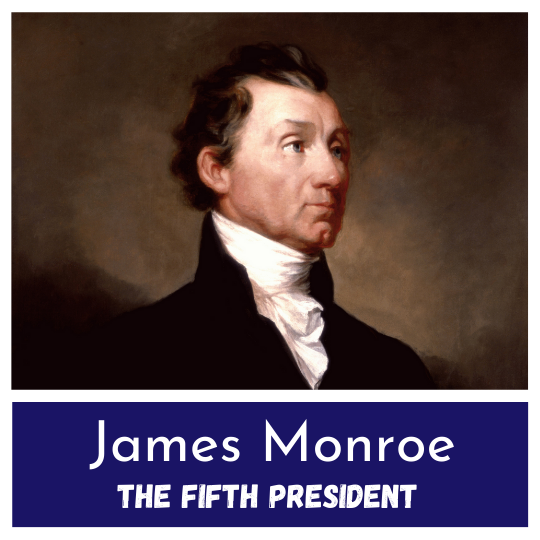James Lingan Defends To His Death Your Right To Say It
James Lingan was a role player throughout the Founding Period.
Lingan served in the Continental Army and was a Naval Officer at the port of Georgetown.
James’ most important performance, however, was his place in the Baltimore Riots of 1812.
James Lingan
November, 1776.
The Battle of Long Island was complete. Fort Washington had been taken and with it several hundred soldiers.
Among the captives was James Lingan. A 24-year-old who signed up for the Continental Army just four months earlier.
James was kept in wretched conditions on a British prison ship. While it is difficult to determine exactly when Lingan was released, there are records indicating he was still being jailed as late as 1780.
Collecting Taxes in Georgetown
Eventually, James Lingan was freed. The still-young man established himself as a successful merchant in Maryland.
Captain Lingan became the Naval Officer in charge of the port at Georgetown. When George Washington was elected President, one of the many appointments he made was to continue Lingan in his current position (though under the new government it was technically a new office). With this, Lingan became Collector of Customs.
Within three years, Washington promoted Lingan to Georgetown’s Inspector of Revenue.
Throughout this time, James remained in the military. By the end of his life, he would be commissioned as a Brigadier General in the Maryland State Militia.
The Baltimore Riot of 1812
By the War of 1812, Lingan had grown old.
Despite over a decade of Democratic-Republican rule, James remained a staunch Federalist.
When his friend’s newspaper, the Baltimore Federal Republican, came under attack for criticizing the war, Lingan stood by his site.
Literally.
The people of Baltimore formed a mob and stormed the print shop with shouts of treason.
Lingan and a group of Federalists armed themselves and locked the doors. Fortunately, the local militia showed up.
In order to calm the crowd, the militia had the Federalists arrested and brought to jail. This was ostensibly for their protection.
However, the mob followed Lingan’s group to the prison and broke in.
Despite Lingan showing the attackers a scar he received in serving in the American Revolutionary War, the ruffians dragged the Federalists outside and beat them severely.
James Lingan died from his wounds.
Reaction
The aftermath of James Lingan’s death demonstrated the great division in the United States regarding the War of 1812.
Lingan was given a funeral with military honors, though many soldiers refused to attend. His eulogy was given by George Washington Custis, step-grandson of the first President.
The military took over Baltimore to quell the mob rule.
The most telling commentary I have come across is contained in a letter from Secretary of State James Monroe to President James Madison. In it, Monroe says that, although the Federalists knew their publications were going to stir up this kind of trouble, mob rule is not how justice should work. He continues,” I fear that if some distinguished effort is not made, in favor of the authority of the law, there is danger of a civil war, which may undermine our free system of govt. “
Although civil war did not break out, the country was so divided by the War of 1812 that the Federalist Party would no longer exist after it ended. Though James Lingan died for his beliefs, his idea for a better United States would ultimately fail with the collapse of the Federalists.
If you are interested in learning more about the last days of the Federalist Party, check out these articles on Harrison Gray Otis and Rufus King.
While Lingan does not have a biography of his own, the book ‘America on the Brink’ does a great job of discussing just how divisive the War of 1812 really was. Pick up a copy through the affiliate link below to support the site at no additional cost to you.
Don’t forget…subscribe to the email list for a new Founder every day!






